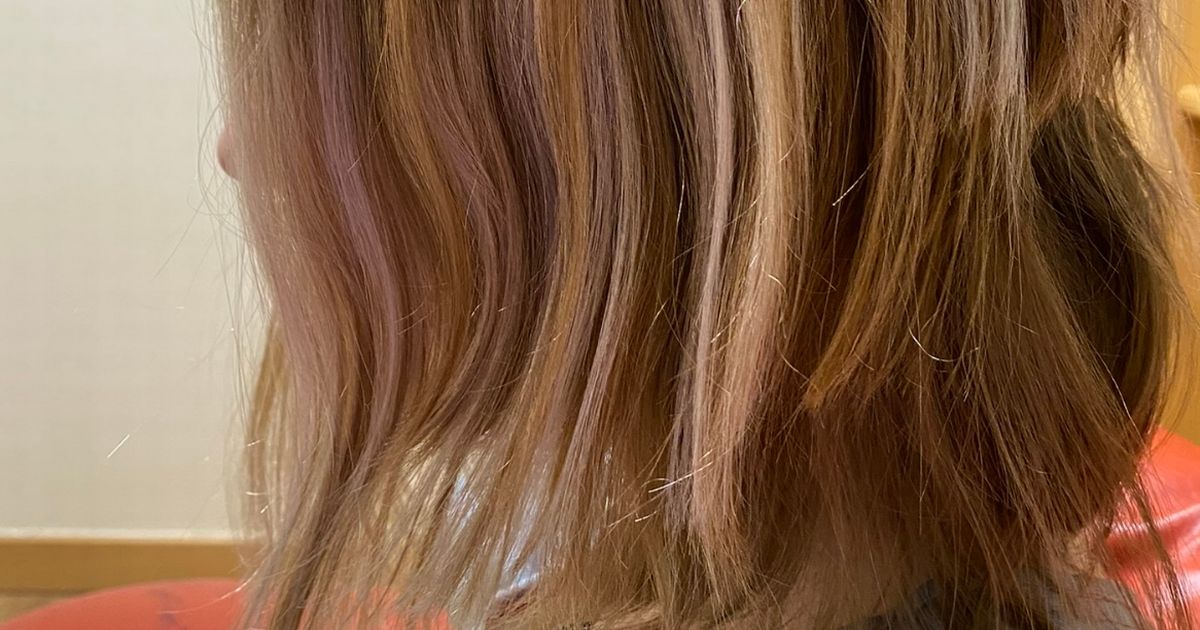Sadie McKenzie claims she has been left traumatised by her treatment when she was admitted in 2020 at the age of just 15.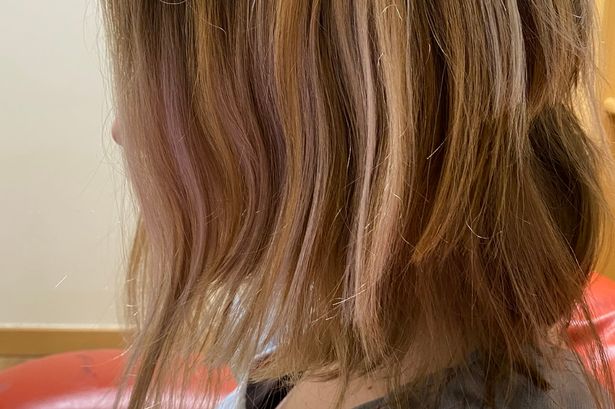 Sadie McKenzie’s mum took pictures when she saw her hair after it was forcibly cut
Sadie McKenzie’s mum took pictures when she saw her hair after it was forcibly cut
Nurses hacked off a teenager’s hair and forced her to wear a “suicide smock” in a controversial mental health unit.
Sadie McKenzie, 20, spoke out about her ordeal at the Young Persons Unit (YPU) of the Royal Edinburgh Hospital after a report published last week revealed concerns about care at the facility, now known as the Melville Unit and based at the Royal Hospital for Children and Young People.
She claims she has been left traumatised by her treatment when she was admitted in 2020 at the age of just 15. Sadie, who suffered from mental health issues and suicidal thoughts while at the unit, accepts that she was in need of help but believes her “dehumanising” experiences went beyond care and entered the realms of abuse and neglect.
Giving a harrowing account of the “horror” she endured, Sadie, from West Lothian, told the Record: “Nurses were instructed to cut my hair off, which was completely unheard of. But they said it was to stop me using it to hurt myself.
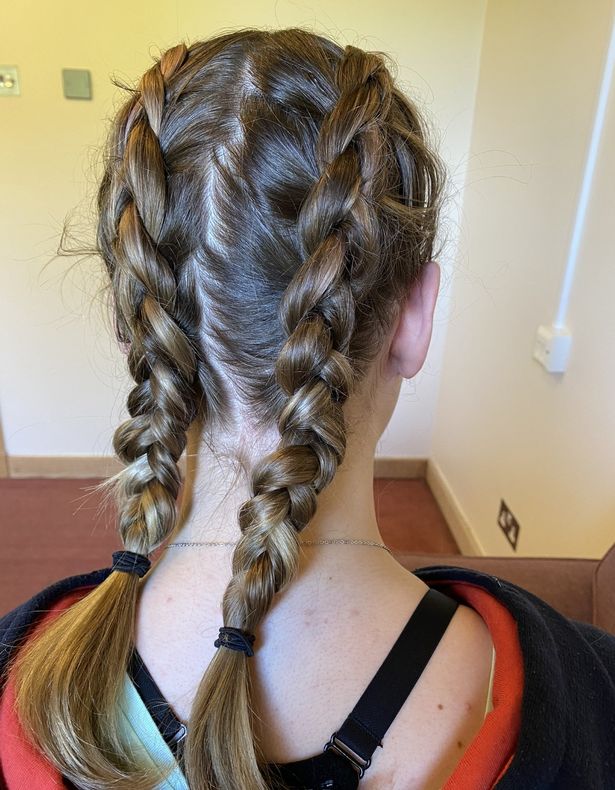 Sadie’s hair pictured before it was forcibly cut(Image: UGC)
Sadie’s hair pictured before it was forcibly cut(Image: UGC)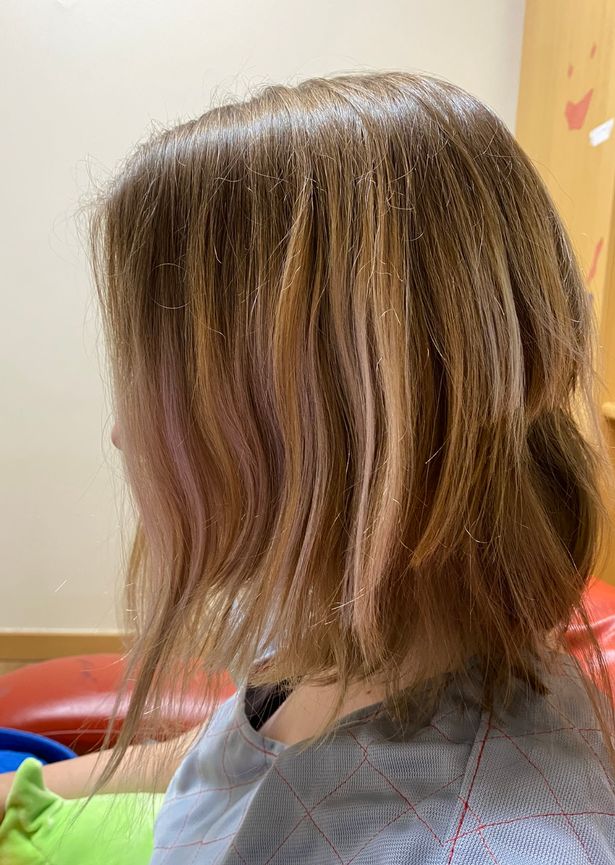 Sadie McKenzie’s mum took pictures when she saw her hair after it was forcibly cut
Sadie McKenzie’s mum took pictures when she saw her hair after it was forcibly cut
“I remember being held down in a seated restraint. There were people at either side of me and I was trying to use every bit of force I had to get away from their grip. I was begging them to stop, but they didn’t.
“My hair had been long and blonde but they hacked at it and left me with a short and messed-up bob. It was incredibly dehumanising because my hair was the one part of myself I liked and I took pride in it. It felt like they stripped away my sense of self and my identity.”
Sadie said she was then dressed in an an anti-ligature gown, commonly known as a “suicide smock” – designed to prevent the ripping of material that could be used for incidents of self-harm and suicide. She was then placed in a seclusion room, alone, with nothing but a mattress on the floor.
Sadie continued: “I was pushed into that room and then the staff ran out and locked the door. I spent the full day and night screaming for my mum. When she came in to visit she saw me, I was just sitting there in that ugly anti-rip dress, with my face red from crying and begging for someone to help me. “
Sadie said she was eventually discharged from the hospital without any therapeutic input or ever having been properly reviewed or assessed by a doctor. NHS Lothian issued later issued an apology over her treatment after her mum, Lisa, made a formal complaint – prompting an investigation into her care.
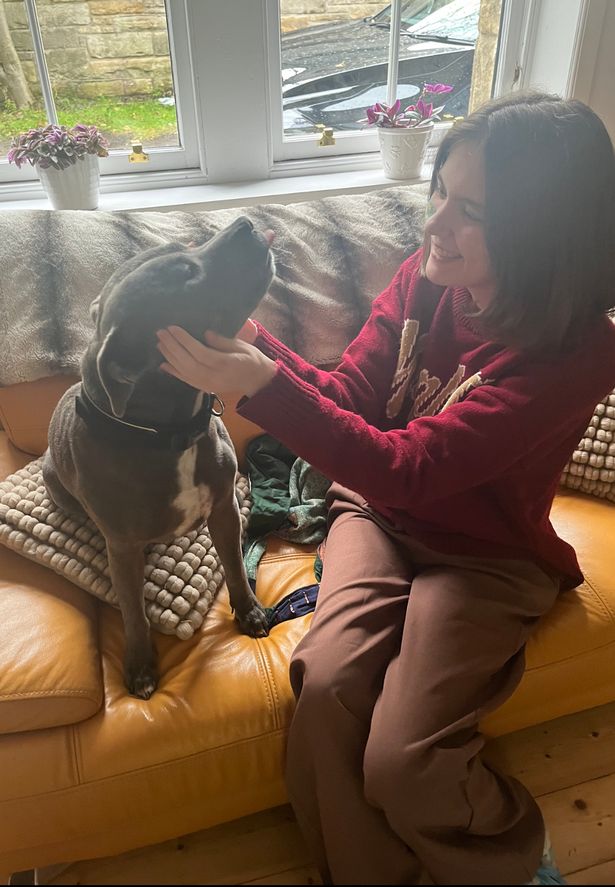 Sadie pictured with her dog(Image: UGC)
Sadie pictured with her dog(Image: UGC)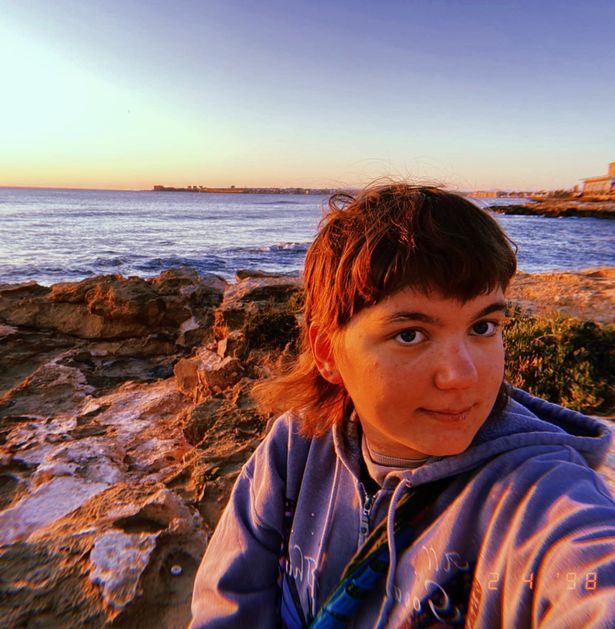 Sadie McKenzie(Image: UGC)
Sadie McKenzie(Image: UGC)
Service director Tracey McKigen wrote to Lisa, confirming there was “sufficient evidence that the cutting of Sadie’s hair was outwith what could reasonably be perceived as an immediate and reactive response to a critical risk”. McKigen also made clear that anti-ligature clothing – which is impossible to rip – was forced on Sadie without good reason.
She added: “I would like to acknowledge the impact that this experience has had on Sadie. She did not receive the standard of care that she ought to.”
Sadie was prompted to speak out after last weeks report following an inspection of the Melville unit – run by Child and Adolescent Mental Health Services (CAMHS) – raised concerns about the use of physical restraint and forced tube feeding in the ward for 12 to 17-year-olds.
The inspection was the first in a series of visits to psychiatric wards which were ordered after BBC Scotland’s Disclosure programme uncovered allegations of a “culture of cruelty” at Skye House, the young people’s inpatient facility in Glasgow. The inspection was carried out jointly by the healthcare watchdog and the Mental Welfare Commission (MWC).
In the report, the MWC said that the safe use of proportionate restraint as a last resort was a “significant issue” at the unit. The National Safety Council suggests having up to five people present to safely control a patient where restraint is required.
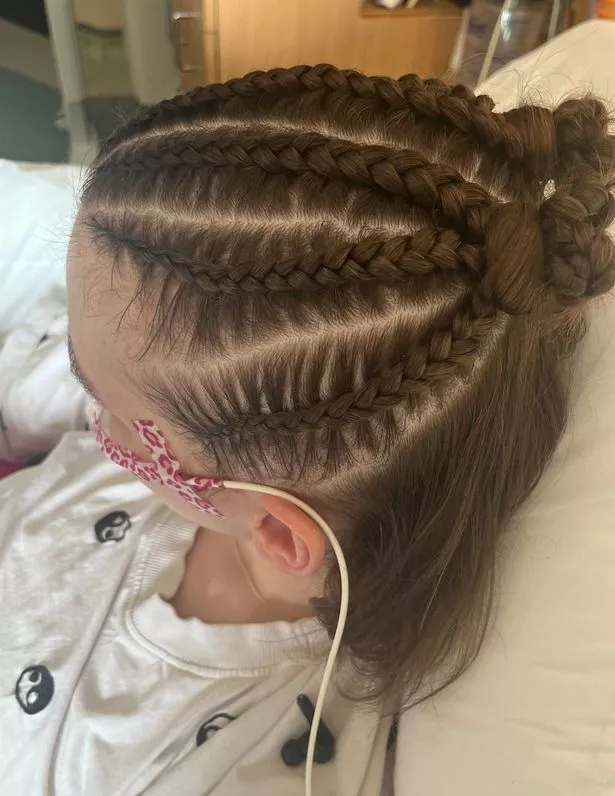 Among the mistreatment she faced at the Young Persons Unit of the Royal Edinburgh Hospital, her hair was forcibly cut(Image: UGC)
Among the mistreatment she faced at the Young Persons Unit of the Royal Edinburgh Hospital, her hair was forcibly cut(Image: UGC)
But the inspectors said nursing staff were “open that they would restrain with eight members of staff”. One case record had a detailed account of a young person being restrained on the floor by six staff members which lasted two-and-a-half hours.
Sadie, who is now living at home with her mum, wants to drive change in the way young people are cared for in mental health services.
She said: “There is a growing mental health crisis in young people and the services don’t seem to be making the appropriate and necessary changes to deal with it appropriately.”
Jim Crombie, Deputy Chief Executive of NHS Lothian said: “I would like to repeat the sincere apology we made to Sadie at the time. I am very sorry the care she experienced five years ago fell short of the standards she deserved and for the lasting impact this has had.
“We have made important improvements to our care but recognise how deeply the use of physical restraint to prevent self-harm can affect young people. Our recent efforts to reduce restraint are showing positive results and we are prioritising staff training in care planning and better ways to support young people through distress into recovery.”
If you’re struggling and need to talk, the Samaritans operate a free helpline open 24/7 on 116 123. Alternatively, you can email jo@samaritans.org or visit their site to find your local branch.
